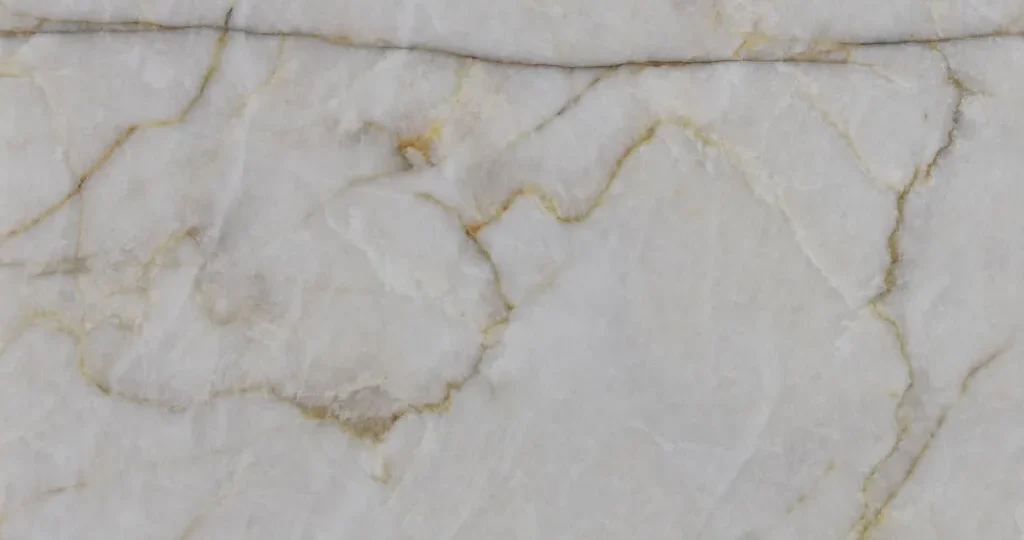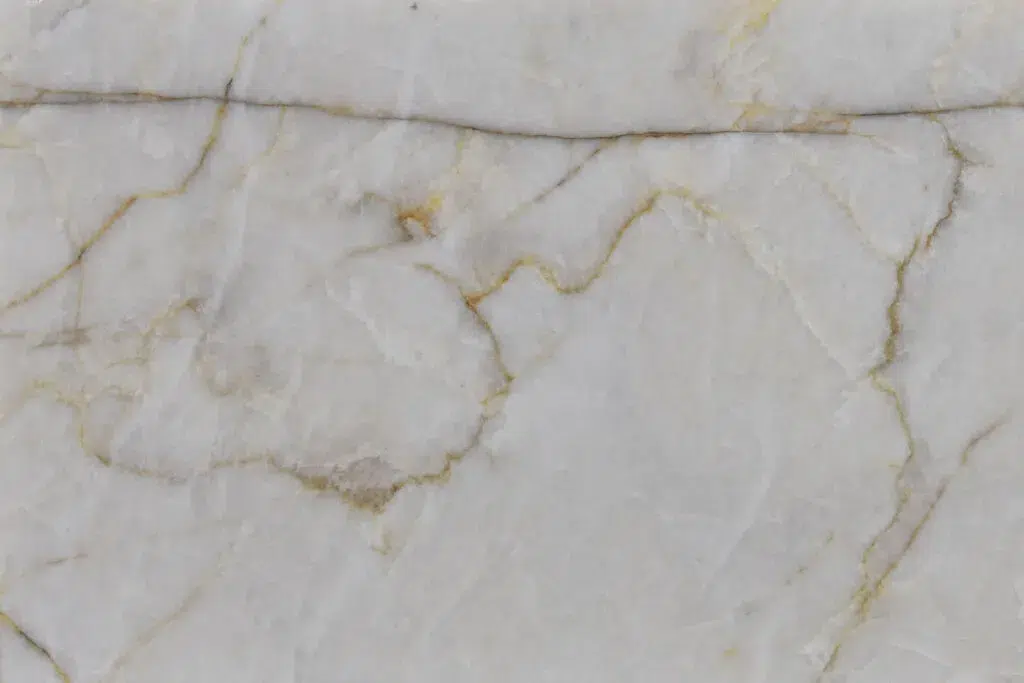
The Pros And Cons Of Stone Flooring
Stone flooring has benefits and drawbacks of its own. The good news is that stone floors are resilient to wear and tear and are ideal for areas with significant foot circulation. Their natural beauty lends a touch of sophistication to any area, and they could need very little work.
Do you intend to install stone flooring in your own house? Which factors matter most to you when selecting flooring materials? Let’s get started and investigate the world of stone flooring, evaluating the benefits and drawbacks to enable you to make an educated decision for your space. Your ideal home awaits when you choose the right flooring!

Pros of Stone Flooring
Here are the pros of Stone Flooring!
Durability
Because of its remarkable durability, stone flooring is a famous choice for excessive-visitors regions in both residential and industrial homes. Every sort of stone can withstand daily wear and tear, regardless of desire: granite is resilient, marble flooring is powerful, limestone is robust, and Travertine Flooring is difficult.
Herbal hardness is a crucial factor that adds to their longevity by providing protection against dents, scratches, and other forms of physical impact. Furthermore, stone floors are less likely to fade or get discoloured in the light of day, ensuring its durability as a draw.
Moreover, stone floors become highly impervious to stains and moisture when properly sealed, increasing their ability to withstand spills and exposure to water. Because of its durability, stone flooring is not only a wise and reliable option for areas that need resistance and hardness, but it also lessens the need for frequent replacements or upkeep.
Elegant Appearance
Stone flooring, renowned for its stylish appearance, provides an enduring charm to any area. Natural materials with a touch of elegance, including marble, granite, limestone, and Travertine Flooring, may completely change the aesthetic of your home or place of business.
With its intricate veining and highly costly designs, marble exudes grandeur, making it a popular material for opulent interior design and magnificent entrances. Granite, on the other hand, gives a more unified and modern appearance, enhancing cutting-edge design schemes with its sleek style.
While travertine radiates a rustic charm that is perfect for those wanting a more earthy and natural experience, limestone has a gentler, more welcoming colour that gives living spaces a warm feel. Whatever the exact kind of stone chosen, stone flooring’ fashionable appearance enhances the overall ambience and transforms ordinary rooms into ones of superior quality.
Low Maintenance
One major advantage of stone flooring is that it requires less maintenance, giving homeowners a practical and efficient option. Many forms of stone, such as granite and some types of limestone, have inherent durability that reduces the need for constant maintenance. Generally, periodic moist mopping combined with routine sweeping or vacuuming to remove dirt and debris is sufficient to keep stone floors looking their best.
Furthermore, certain stone substitutes, such as granite, are undoubtedly stain- and scratch-resistant, lowering the possibility of damage and streamlining daily maintenance. Depending on the particular kind of stone, periodic sealing guarantees the durability of the flooring and allows for stain prevention.
Selecting stone flooring not only gives your space a chic and timeless appeal, but it also lessens the impact of substantial protection. Because of its durability and ease of maintenance, stone flooring allow you to enjoy a beautiful, problem-free environment without compromising style or elegance.
Versatility
Stone flooring are very desirable for many programmes in both residential and commercial settings due to their adaptability. Stone floors are infinitely customisable, offering a wide range of materials such as marble, granite, limestone, and travertine.
Stone flooring adds a timeless elegance to living rooms, kitchens, bathrooms, and even bedrooms within buildings. Its eclectic textures and herbal beauty enhance both traditional and modern aesthetics. Stone flooring outside easily transforms pool areas, patios, and walks into hospitable settings with timeless elegance. In addition, stone flooring comes in a wide variety of hues, designs, and textures, offering endless customisation options. There is a stone option to suit your vision, whether you want a sleek, modern appearance or a rustic, traditional vibe.
This flexibility finds use in commercial settings, such as restaurants, offices, and lobby areas, in addition to residential settings. Stone flooring is a flexible and lasting desire to enhance the atmosphere of any place because of its persistent appeal and flexibility.
Cons of Stone Flooring
Here are the cons of Stone Flooring!
Cost
When considering flooring options, the cost of stone floors is probably a notable consideration. Marble is often thought of as being luxurious and is typically more expensive. Despite its durability, granite may also be somewhat pricey. Even if they have a lovely appearance, limestone and travertine could be a more affordable option.
It’s important to consider not just the stone’s purchase price but also the cost of installation. The installation of stone flooring typically calls for specialised knowledge, which raises the overall mission cost. Nonetheless, considering the durability and visual appeal that the greatest stone flooring provides to a room, many people find the investment to be justified.
When budgeting, be sure to priorities your needs and consider the many stone options that are out there to strike a balance between cost and the desired aesthetic effect for your residence or place of business.
Maintenance Requirements
Paying attention to certain desires is necessary to preserve the beauty of stone floors, such as granite, travertine, and limestone. Because limestone is renowned for being delicate and porous, regular sealing helps protect it from stains. This precautionary procedure is very important since spills may discolour limestone very easily.
Granite is a more durable substitute that often requires less upkeep. Frequent sweeping to remove dirt and coffee resealing, especially in areas with high site traffic, will help preserve its glossy appearance and prevent any stains.
Spill cleaning must always be initiated as soon as possible to avoid any long-term damage. To prevent scratching the surface, abrasive particle removal using sweeping or vacuuming is often advised. A lasting and aesthetically pleasing investment in your private residence or place of business is ensured by being aware of the protective requirements of the stone flooring you have chosen.
Cold Underfoot
The propensity of Granite Flooring to feel bloodless underfoot, especially in places with colder temperatures, is an amazing attention to detail. This characteristic is more often cited in favourable stone variants, such as limestone flooring. For some who would rather have warm temperatures under their feet, limestone’s aromatic coldness may be uncomfortable during the winter months.
Conversely, to a lesser extent, Travertine Flooring and granite floors exhibit comparable qualities. Even while such materials have natural cooling properties, they are no longer as susceptible to conveying cold temperatures as limestone is. However, underfloor heating systems and place rugs may help to counteract the chilly feeling that comes with stone flooring, offering a way to improve warmth and cosiness in living areas.
It is also helpful to consider the bloodless underfoot factor when considering stone flooring, especially in places where temperature is a problem, and find complimentary alternatives to create a cozy and welcoming atmosphere in your house.
Porosity and Staining
Considerations such as porosity and marking are crucial when choosing stone flooring. Known for its beauty in its natural state, limestone flooring may absorb liquids due to its porous nature. Wine and juice spills may leave behind stains that are difficult to remove without proper sealing. In order to protect the surface and maintain its appearance over time, regular sealing is essential.
Although granite floors are more stain-resistant than limestone, they are not completely unaffected. To lessen the possibility of stains on any stone flooring, it’s essential to adhere to a regular cleaning and sealing schedule.
By being proactive, you can make sure that your stone flooring will always look gorgeous and increase the investment’s longevity and apparent elegance. Understanding the porosity of various stones helps you make decisions that will preserve the aesthetic appeal of your flooring.
Factors to Consider when choosing the Stone Flooring
There are plenty of factors to bear in mind while choosing stone flooring to make certain you’re getting the first-rate option for your area.
- Toughness: Granite stands out for its resistance to stains and scratches, while marble flooring gives elegance but requires more upkeep owing to its porous nature. In terms of durability, Travertine Flooring and limestone are in the middle.
- Visual appeal: Marble is a popular choice for opulent spaces because of its renowned veining patterns and expensive look.
- Maintenance: While granite and travertine are more forgiving in this regard but may still need periodic sealing, marble flooring and limestone may still require regular sealing to prevent stains.
- Cost: While Travertine Flooring and limestone may provide affordable options without sacrificing beauty, granite and marble flooring are often more expensive.
Conclusion
In conclusion, the decision to pick stone flooring entails balancing the advantages and disadvantages in light of your available alternatives and practical concerns. While stone flooring’s beauty, toughness, and ease of maintenance are obvious advantages, factors like cost, maintenance needs, and the potential for a cold feeling underfoot need careful thought. With this knowledge, you should be able to choose the perfect stone flooring that fits your lifestyle and enhances the aesthetics of your living spaces.

